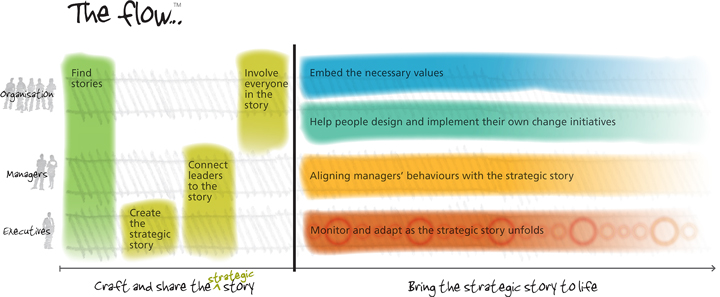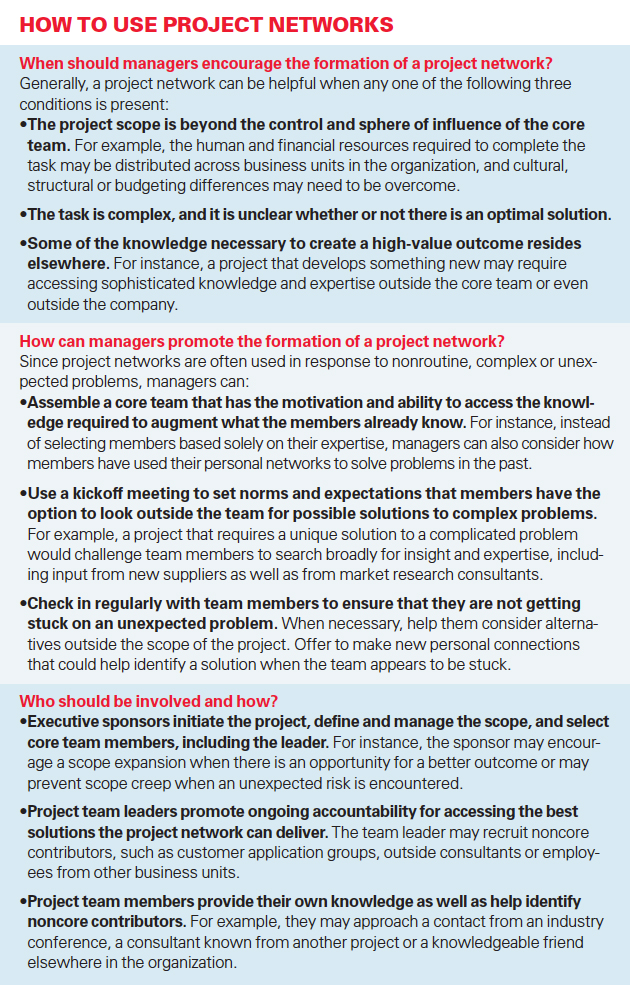Nothing else ever. Ever tried. Ever failed. No matter. Try again. Fail again. Fail better.
Thank you
Samuel Beckett. Failures of all types are in the news and several fascinating perspectives on the power of failure...if you view it as an outcome and learn from it follow.
1-Director James Cameron at TED The director of the two highest grossing films in history--Avatar and Titanic-- ends
this great TED Talk with "Failure is an option, fear is not." He notes that failure has to be an option to innovate. Watch it and learn!
This issue provides a wonderful array of articles and learnings around failure. The introduction sums up the issue:
Failure. We’re hypocrites about it. Go online, and you’ll find scores of pleasant aphorisms celebrating the inevitability of failure and the importance of learning from it. But in real life—and in real companies—failure is anathema. We’re afraid of it. We avoid it. We penalize it.
It’s time for managers to get past platitudes and confront the F-word taboo. In this special issue every article provides some home truths about good failures (when we expect to fail and learn something), bad failures (when we’re sabotaged by errors in judgment), or unavoidable failures (when complex systems break down). Failure is inevitable and often out of our control. But we can choose to understand it, to learn from it, and to recover from it.
3-Learning from IDEO
In
our Stanford program, we use many examples from
IDEO, the Palo Alto, CA, US, design consultancy. Tim Brown, IDEO CEO, reminds us of the power of learning from doing (a la fast prototyping) in this
post from his excellent
Design Thinking blog: .
...it is important it is to remind ourselves of the value of experimentation. My hypothesis is that organizations generally avoid experimentation when it comes to processes and management. In fact they positively hate it. One reason may be that it is scary to mess with people and processes and much harder to do than messing around with new technology or new products. That feels more like an excuse than a reason to me. I believe we lack processes for prototyping our ideas quickly when it comes to management. ...experiments too often turn into initiatives. Experiments are designed for learning and it is okay if they fail whereas initiatives are too important to fail. I came away thinking that initiatives are things to be avoided at least until you have learnt from some experiments.








